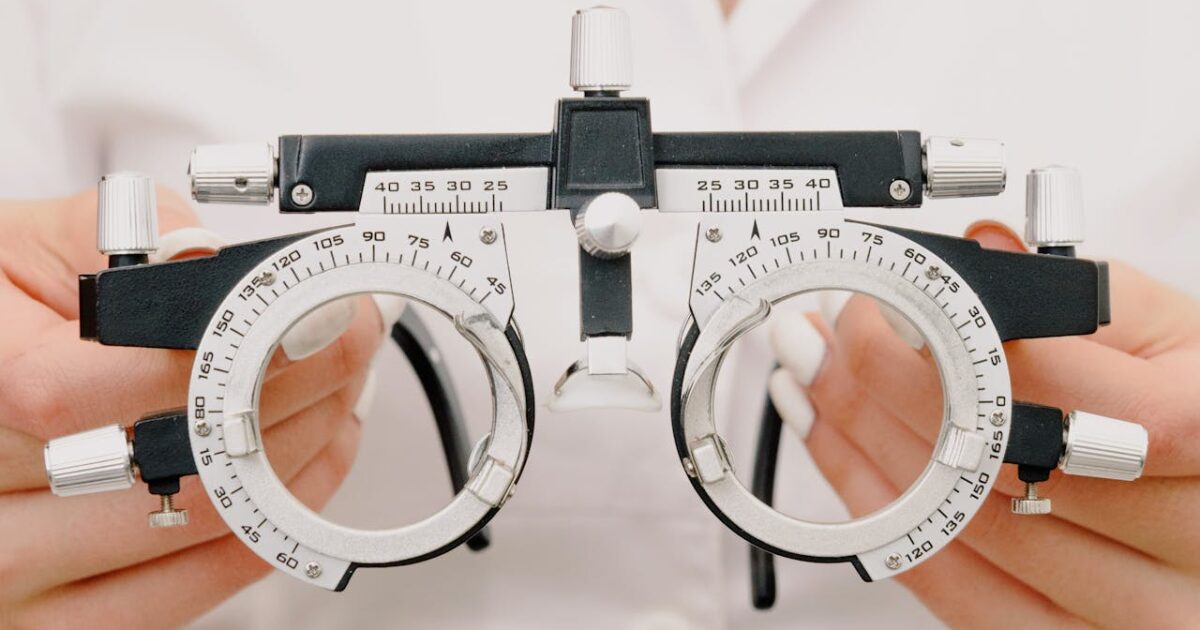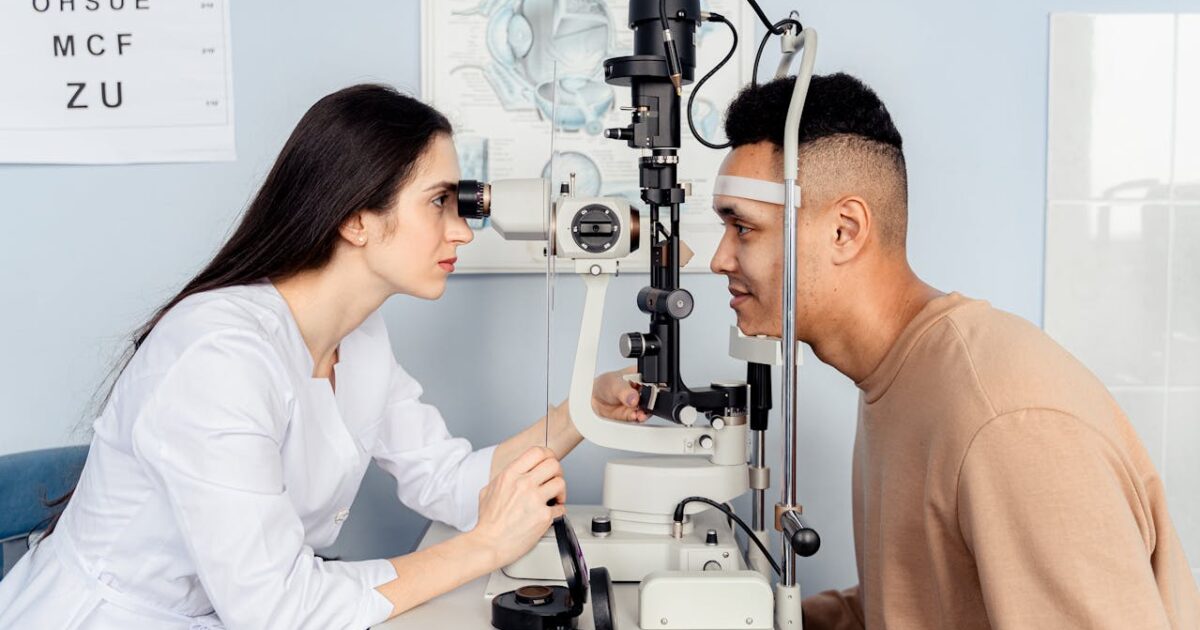How to become an optometrist in Singapore
Article by Chew’s Optics Specialist. 20 September 2024

Singapore’s population is aging rapidly. According to our Minister for Health, Ong Ye Kung, we are set to become a super-aged nation by as early as 2026. With the growing number of elderly folk, the demand for healthcare will naturally increase as well. This, of course, includes eye care.
If you’re considering a career in optometry, now’s a good time to pursue it. Optometrists are essential for diagnosing, treating, and managing a wide range of visual and eye health issues, setting them apart from opticians who mainly focus on fitting and dispensing eyewear. Embarking on a career in optometry now not only positions you at the forefront of a vital healthcare field, but also offers you the chance to make a meaningful impact on the lives of others.
From obtaining the right qualifications to understanding the key traits required for the role, here is a guide on what it takes to build a successful career as an optometrist in Singapore.
I want to be an optometrist. What now?
The first thing you will need as an aspiring optometrist in Singapore is a good education. At Chew’s Optics, our skilled optometrists hold various certifications, such as a Diploma in Optometry and a Bachelor of Science (with Honours) in Optometry.
In Singapore, you can get a Diploma in Optometry through a three-year programme at either Singapore Polytechnic or Ngee Ann Polytechnic. Both courses include internship opportunities and are accredited by the Singapore Optometrists and Opticians Board.

For further studies, you have the option to pursue a bachelor’s degree abroad, followed by a master’s degree and PhD, if needed. A bachelor’s degree in optometry may take up to four years to complete. However, the advantage of getting a diploma in Singapore first is that it may allow you to skip ahead to the second or third year of your bachelor’s degree programme, speeding up your educational journey.
While many polytechnic graduates in Singapore opt to study further in Australia or the UK, there is a wide variety of university programmes to choose from. Here is a full list of foreign qualifications recognised in Singapore.
Becoming a full-fledged optometrist in Singapore
After you’ve gotten your necessary academic certifications, there are still a few final steps to take before you can become a fully qualified optometrist.
First, you’ll need to complete a one- to two-year placement at an optometry practice as a pre-registration optometrist. During this time, you will be paired with a supervisor who will provide valuable mentorship as you complete your training.
Once you’ve passed this stage, you can register with the Optometrists and Opticians Board to practise independently in Singapore as a fully qualified optometrist. As part of your application, you’ll need to have a job offer as an optometrist and pay the application fees. After submitting your application, it may take up to four weeks to get a confirmation of your registration.
Going beyond academic certifications as an optometrist in Singapore
Our optometrists at Chew’s Optics are also members of the Singapore Optometric Association, as well as various prestigious UK-based optometry organizations including the British Contact Lens Association and the College of Optometrists.
If you’re looking to advance your career as an optometrist in Singapore, consider joining these professional associations. Other associations include the World Council of Optometry. Such memberships can complement your academic qualifications and enhance your professional standing.

What are the traits that every effective optometrist needs?
Now let’s say you’ve ticked every box on paper, with your academic certifications and professional memberships. It’s important to focus on personal attributes as well. Certain traits and characteristics can set you apart and help you become a more effective and successful optometrist in Singapore. These qualities might be exactly what your future employer is looking for:
- Attention to detail: Optometrists need to possess exceptional attention to detail. Precision is especially crucial during eye examinations and in crafting prescriptions, considering that even the most minor errors can significantly impact a patient’s vision. A keen eye is also necessary for detecting subtle signs of potential eye health issues.
- Communication: As an optometrist, you’ll need to engage in conversations with your patients to understand their lifestyle, preferences, habits and needs. This deep understanding allows you to make informed, tailored recommendations. This is why strong communication skills are essential. You need to be adept at educating patients and explaining their diagnoses and aftercare instructions clearly and concisely.
- Patience: As you’ll have to interact frequently with patients, you’ll also need a great deal of patience. Customer interactions are not always easy or straightforward. Certain individuals may hesitate to share information, so you’ll need to exercise patience and invest additional time to gather the details necessary for effective treatment. Being able to handle difficult situations with calm and empathy will also ensure you provide the best care for every patient.
Chew’s Optics: Your go-to destination for seasoned and reliable optometrists in Singapore
Becoming an optometrist in Singapore offers a fulfilling career path with the potential to make a real difference in the health of others. By pursuing the right educational qualifications and cultivating key personal characteristics, you can position yourself for success in the field of optometry.
At Chew’s Optics, we are committed to providing thoughtful eye care services. To consult one of our expert optometrists, simply head to our store at 144 Teck Whye Lane, #01-211, Singapore. We are open daily except Mondays and Fridays. You can walk in directly or book an appointment with us on WhatsApp at +65 8314 7093.
